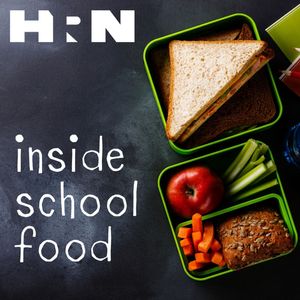
Inside School Food
[email protected] (Heritage Radio Network)
Episode 69: Why #StopTheBlock?

Episode 69: Why #StopTheBlock?
Description
In a move they say will “spur innovation,” Republicans on the House Committee on Education and the Workforce have voted to issue block grants for school nutrition programs in three pilot states, cutting them loose from federal federal mandates and supervision. #StopTheBlock’s opponents to this measure—to date, more than 1,000 organizations—say these states would be cut loose from a lot more. On today’s episode, Education/Workforce Ranking Member Bobby Scott (D-VA) describes how block grants, because they’re easily shaved down in the federal budget, have historically led to the gutting of public services. Doug Davis of the Burlington (VT) School Food Project predicts an unraveling of standards, policies, and protocols that would cast farm-to-school and national supply chains into chaos and jeopardize the nutrition safety net of millions of children in need.